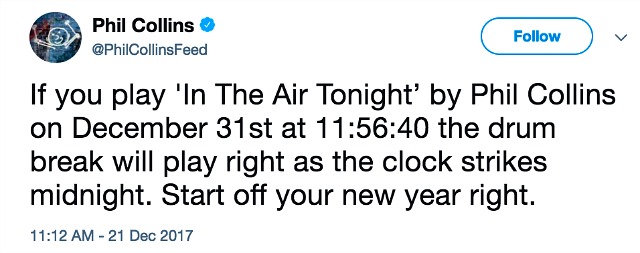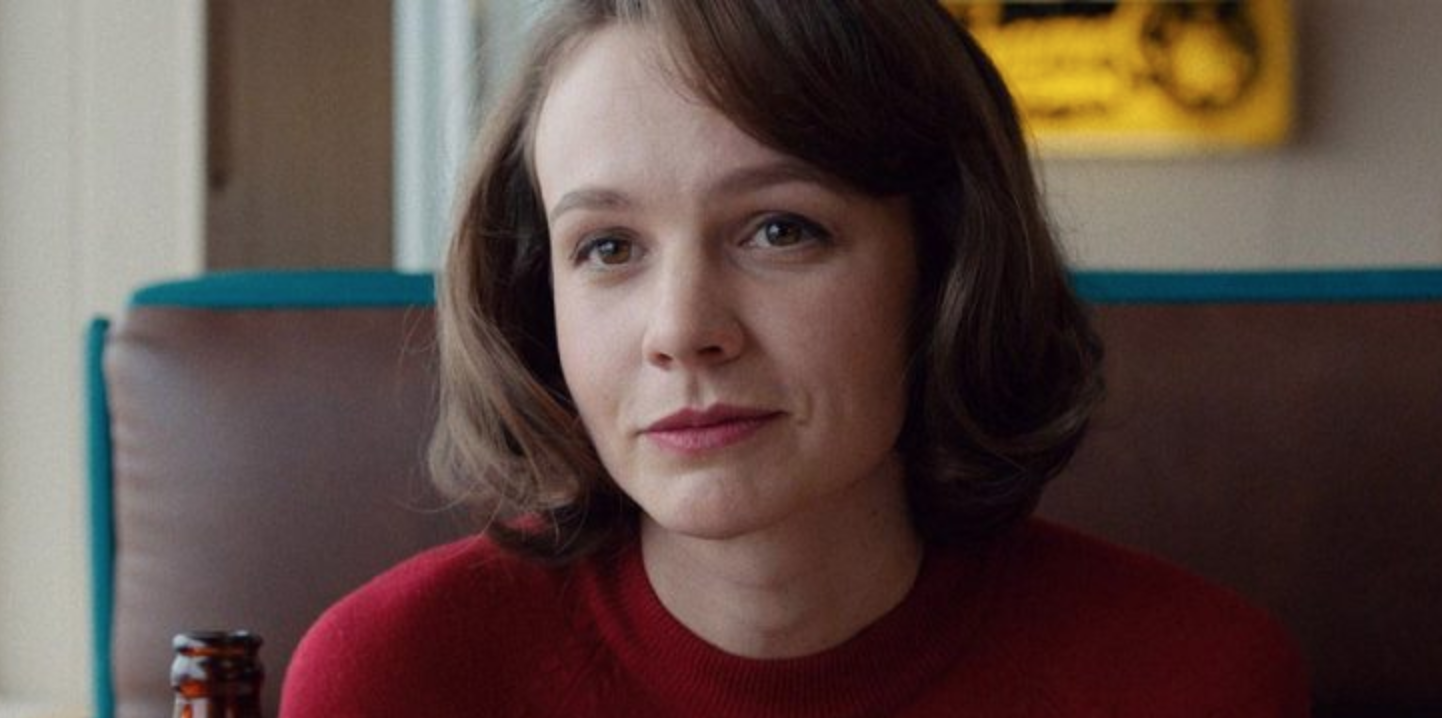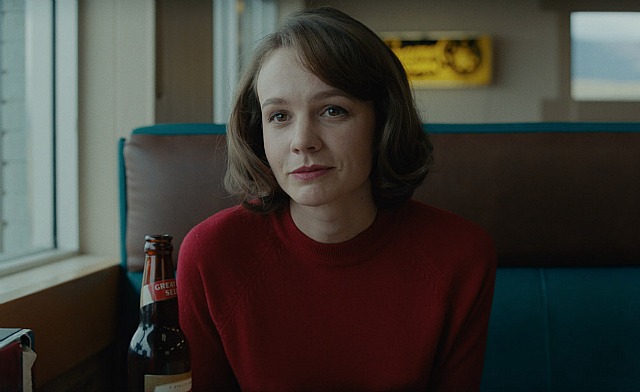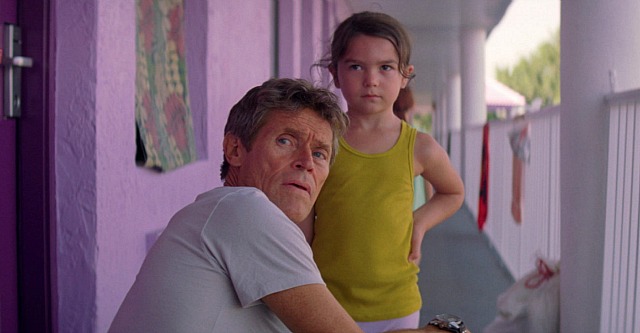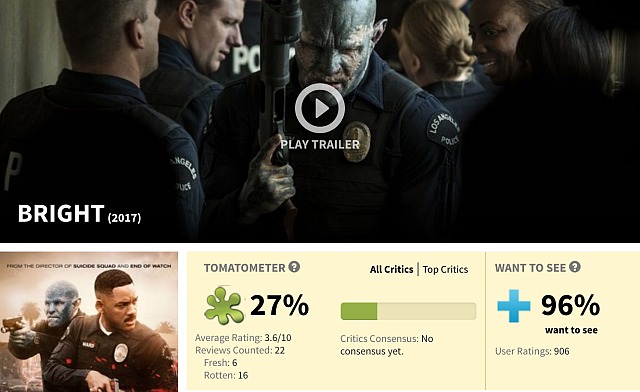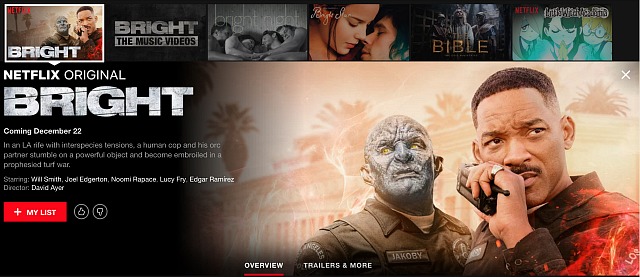[Note to A24: I haven’t posted the following because I’m not an admirer of Willem Dafoe‘s performance in The Florida Project, or because I disagree with the likelihood of his winning a Best Supporting Actor Oscar. I’m just trying to explain why I think his performance is by far the most popular of all the 2017 contenders in his category.]
Make no mistake — Willem Dafoe is going to win the Best Supporting Actor Oscar for his performance as a harried building manager in The Florida Project. Everyone “knows” or assumes this because he’s won this prize from eight critics groups (NYFCC, LAFCA, BSFC, National Board of Review, San Francisco, NYFCO, Detroit, Atlanta). Aaaah, but why have the elite know-it-alls chosen Dafoe? I’ll tell ya why, and it ain’t deep. Because he’s this year’s Mahershala Ali.
Supporting performances generally win awards not because of sustained inventiveness but because the character does one thing that the audience really likes, and because people tend to remember that one thing when they vote. Sometimes the performance will make that one thing feel extra-powerful or extra-resonant (i.e., Beatrice Straight‘s big moment in Network), but Academy and guild members primarily vote for what a character does or says at a crucial juncture in a film.
Dafoe is way ahead this year because his character, Bobby Hicks, does one righteous and compassionate thing that everyone loves — he saves a group of little kids from being preyed upon by a creepy child molestor. That’s it, the whole thing.
Dafoe plays a middling low-life character with conviction and compassion, but when you boil it all down what else did Dafoe actually do in that film? What major crescendo or galvanizing moment did he otherwise deliver or take part in? Nothing. He reminded deadbeat tenants to pay their rent, tolerated the kids’ raucous behavior, painted the apartment walls, etc.
Last year Mahershala Ali‘s performance in Moonlight won a Best Supporting Actor Oscar because his character, Juan, did one righteous and compassionate thing — he taught “Little” to float and maybe swim around in the Atlantic Ocean. That was it, the whole thing.
Read more
